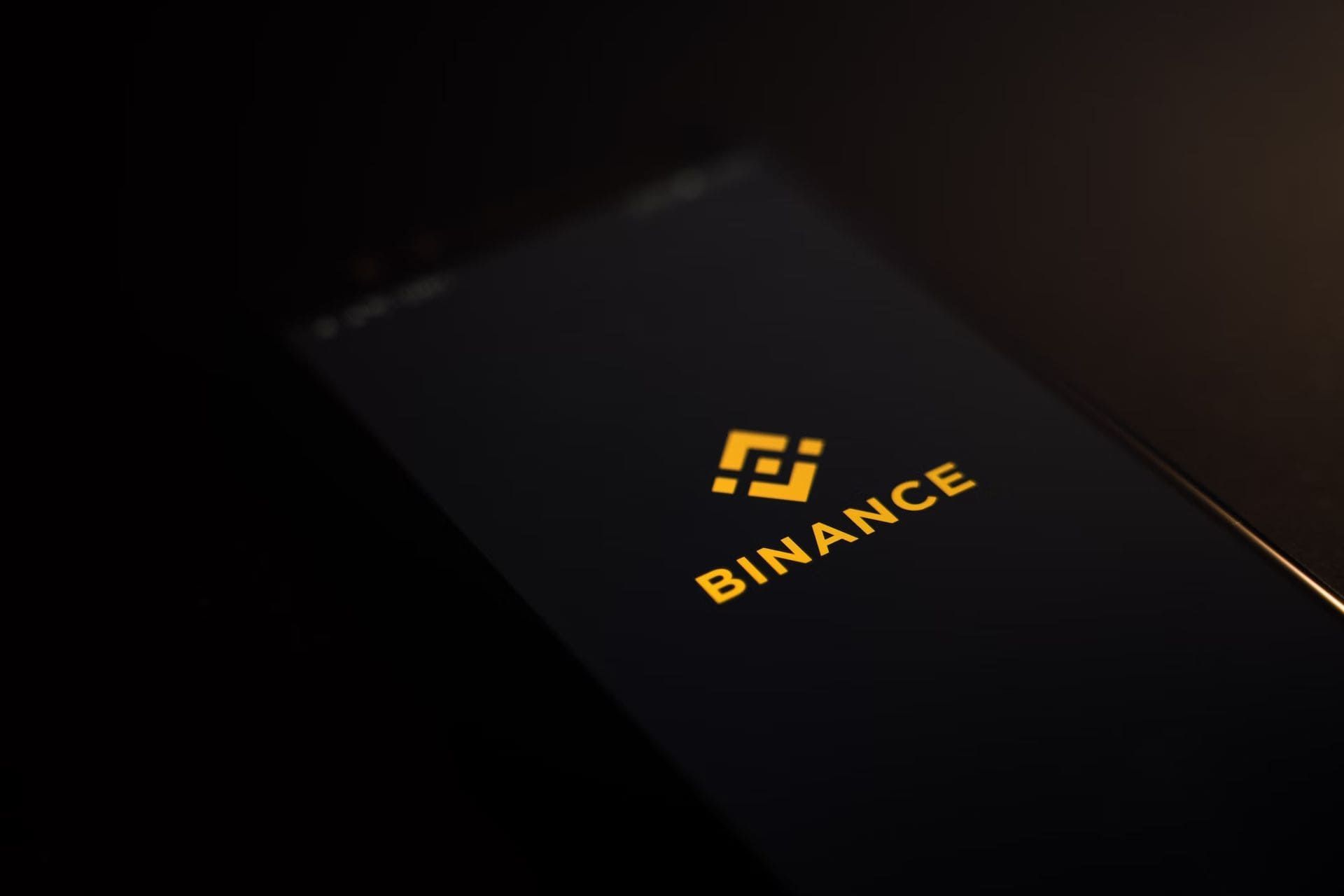Hours after the FTX bank run incident, we’ve learned that Binance buys FTX. The world’s two largest cryptocurrency exchanges, Binance and FTX, said on Tuesday that they had signed a letter of intent to merge, adding an unexpected twist to the weeks-long public battle that caused numerous digital assets to fall on the day.
Binance buys FTX
The agreement follows a months-long social media spat between Binance CEO Changpeng Zhao and FTX founder Sam Bankman-Fried that reached a boiling point earlier this week.
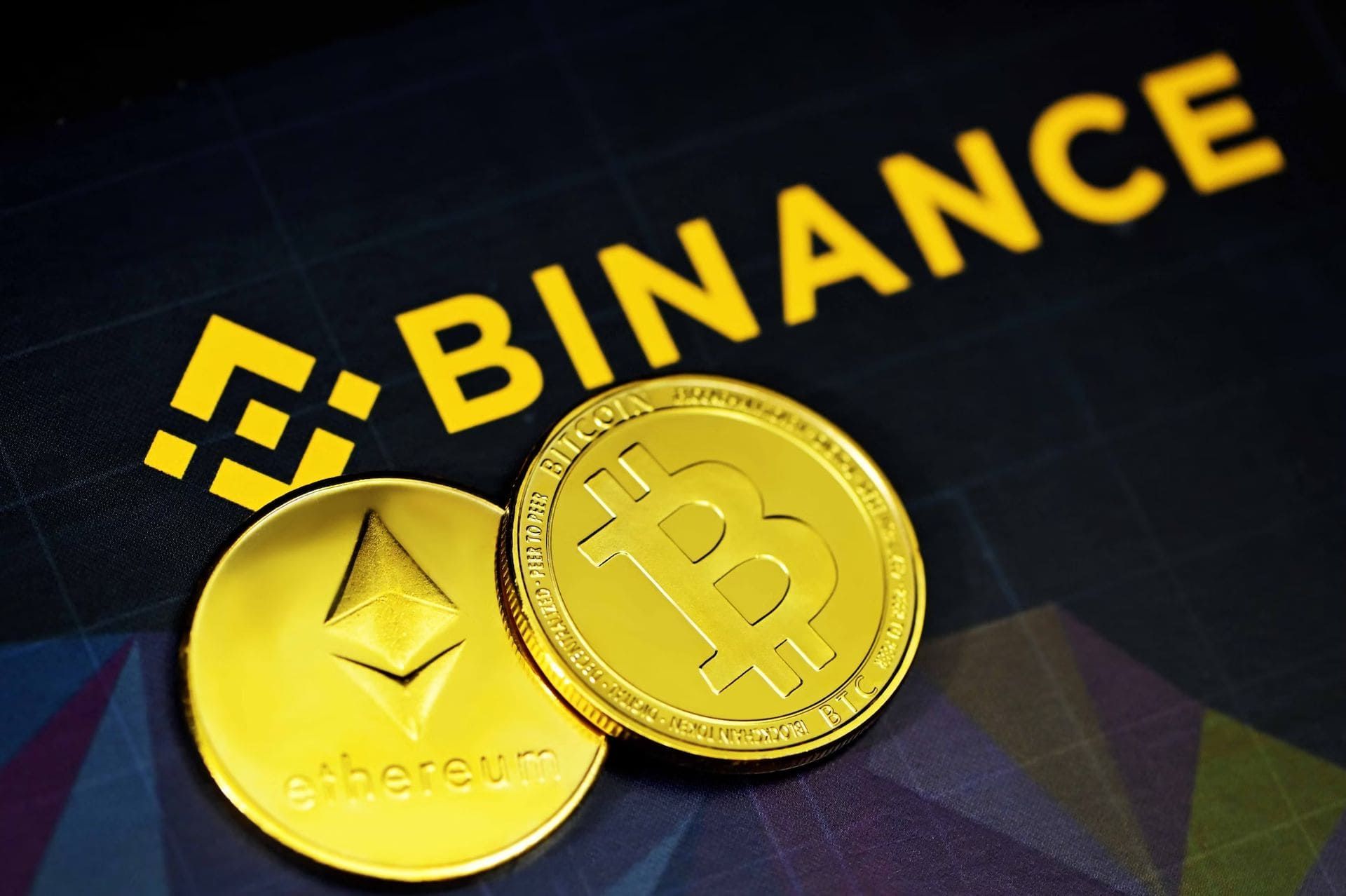
Zhao claimed that Binance buys FTX following a request for assistance from the three-year-old exchange FTX.
“To protect users, we signed a non-binding LOI, intending to acquire FTX and help cover the liquidity crunch fully. We will be conducting a full DD in the coming days,” he stated in a tweet.
CZ, aka Zhao, warned that “Binance has the discretion to pull out from the deal at any time.” However, Bankman-Fried, or SBF as many refer to him, stated that “the important thing is that customers are protected.”
The first investor in FTX was Binance, the biggest cryptocurrency exchange in the world, but as the younger company gained more and more traction, their partnership began to deteriorate. The companies haven’t published the deal’s financial details. However, it’s probably not wonderful or horrible for FTX investors considering that company was valued at $32 billion earlier this year during a financing round.
The conclusion of the transaction can draw regulatory attention.
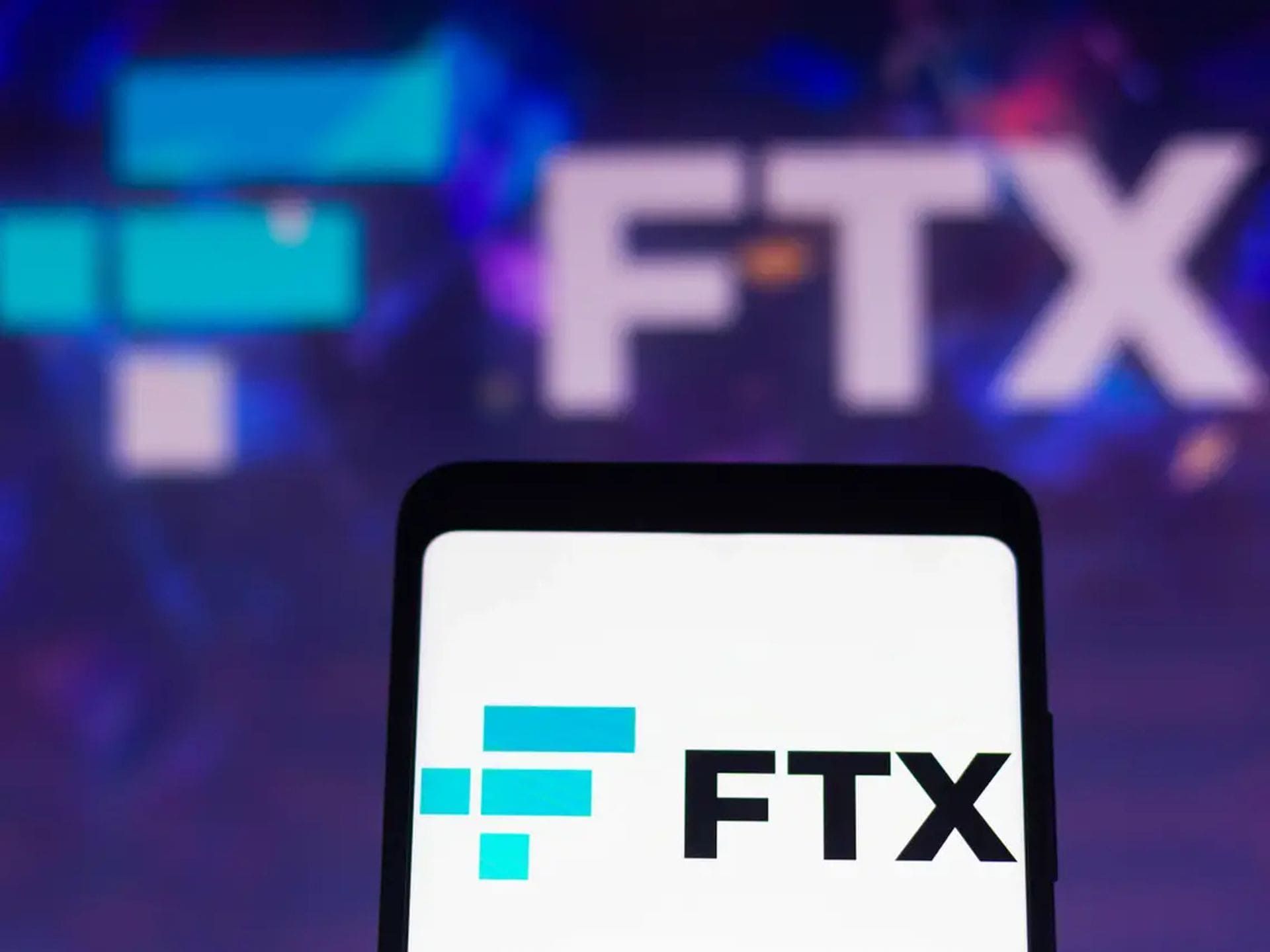
The relationship between the two billionaires, who have been trading insults for a while, reached an all-time low earlier this week when Zhao announced that Binance was selling the FTT tokens it had acquired as part of its exit from the FTX exchange last year.
Zhao confirmed the notion that the company was selling off its FTT assets as “post-exit risk management” and gave some validity to Alameda Research’s precarious financial situation. Alameda and Bankman-Fried had previously disproved these worries.
Alameda, a prop trading and market-making company that at least has some exposure to the FTT tokens, was also launched by Bankman-Fried. According to Binance’s trading perspective, the FTT token dropped from $25.47 earlier on Tuesday to as low as $14.32 as investors lost hope. (The token fell to as low as $2.51 hours after the news surfaced before making a small comeback.)
Research company Bernstein proposed that FTX shut down Alameda because of the anticipated risks in a report to clients earlier on Tuesday.
“Binance is the immediate trigger, but FTX should resolve its relationship with Alameda. FTX cannot carry on its existing ownership structure with Alameda. FTX needs to completely ring-fence itself and potentially shut down the Alameda prop trading business. Suppose Alameda’s trading operations impact FTX’s customer confidence (perception of Alameda trading against users on FTX and Alameda’s state of finances). In that case, there is more downside to running Alameda than otherwise,” a Bernstein analyst explained in the note.
Binance buys FTX, and this was “a user-centric development that benefits the entire industry,” Bankman-Fried said in a tweet on Tuesday, adding that he wanted to express his “huge thanks” to Zhao and Binance.
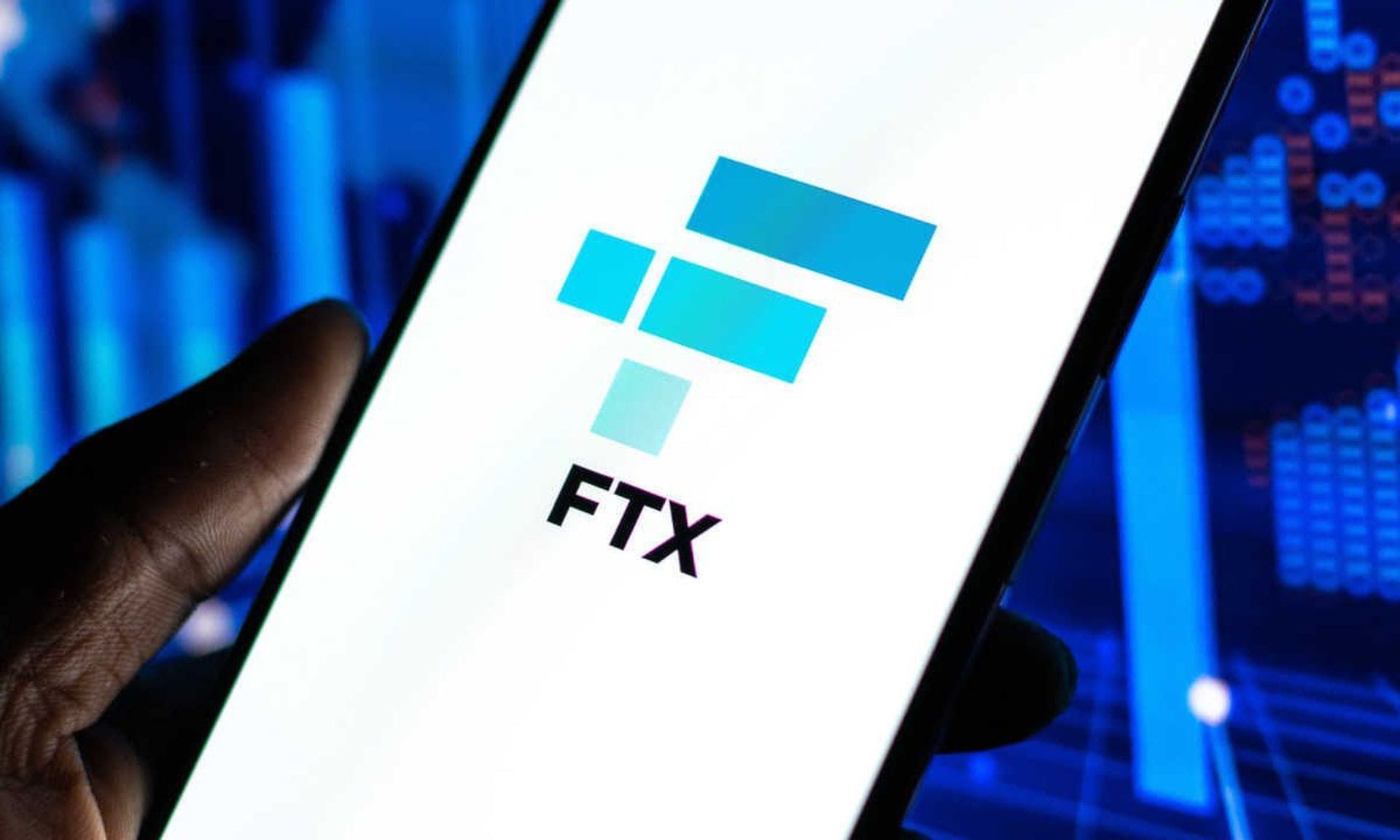
“CZ has done, and will continue to do, an incredible job of building out the global crypto ecosystem, and creating a freer economic world,” Bankman-Fried told in a tweet.
According to him, FTX is striving to eliminate the backlog of withdrawals. “This will clear out liquidity crunches; all assets will be covered 1:1. This is one of the main reasons we’ve asked Binance to come in. It may take a bit to settle etc. — we apologize for that,” he said.
The most valuable cryptocurrency exchange in the world is Binance, with a value of nearly $300 billion. In its most recent investment round (a Series C) in January of this year, FTX was valued at $32 billion. Numerous investors have supported the company, including Sequoia, BlackRock, Tiger Global, Paradigm, Thoma Bravo, SoftBank, Ribbit Capital, Insight Partners, Lightspeed Venture Partners, Altimeter Capital, Coinbase Ventures, Sino Global, Bond, and Iconiq Growth. According to Web3 Signals, a cryptocurrency dealbook, FTX and its FTX US subsidiary raised more than $2.2 billion over the course of numerous investment rounds.
The business community was stunned by Tuesday’s announcement, as was the cryptocurrency community, which has become accustomed to unpredictable events this year. After purchasing a number of businesses early this year, Bankman-Fried was hailed as the crypto industry’s salvation. According to Web3 Signal, FTX Ventures, the ventures division of the cryptocurrency exchange, is a significant investor in numerous crypto businesses, including Aptos Labs, Messari, Sky Mavis, LayerZero, YugaLabs, and 1inch Network.
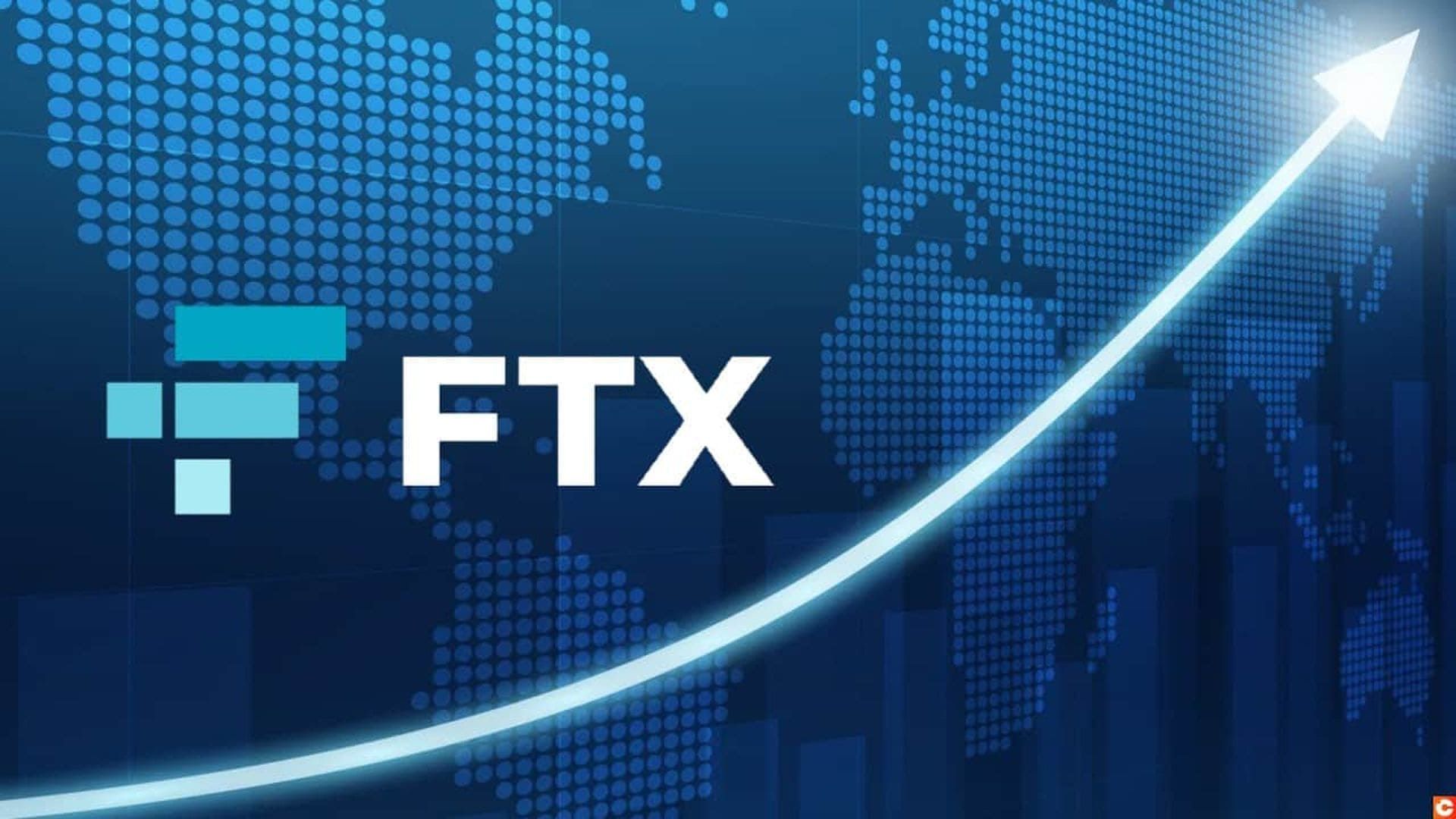
Before approaching Binance, Bankman-Fried reportedly tried to gather more money from investors, according to a source with knowledge of the situation. According to Axios, the decision has startled several current investors.
FTX investor tells me that the company has not yet sent them any information on the deal. Says all he knows is what he's seeing on Twitter.
— Dan Primack (@danprimack) November 8, 2022
Numerous businesses are struggling as a result of this week’s incident. In contrast to Coinbase, a cryptocurrency exchange, shares of Bankman-Fried-backed Robinhood fell by around 20% as of the time of publication.
Coinbase told investors that it has no exposure to the FTT tokens and “very minimal” exposure to FTX in a statement following the Binance-FTX agreement and the accompanying collapse of the cryptocurrency values.
“Currently we have $15 million worth of deposits on FTX to facilitate business operations and client trades. We have no exposure to Alameda Research, and we have no loans to FTX. Second, as a publicly traded company in the US, we’ve also built our business in a way that allows us to be transparent about our track record, balance sheet strength, and effectively and prudently manage risk for our customers and ourselves,” Alesia Haas, the Coinbase CFO, wrote in a blog post.

